Volunteering with animals abroad: finding the right project for you
Volunteering with animals abroad is a popular and often life-changing opportunity. With so many wonderful opportunities out there, it can feel like a bit of a mine field to know what to do and where. The Oyster guide to volunteering with animals abroad will hopefully be able to help guide you in the right direction.
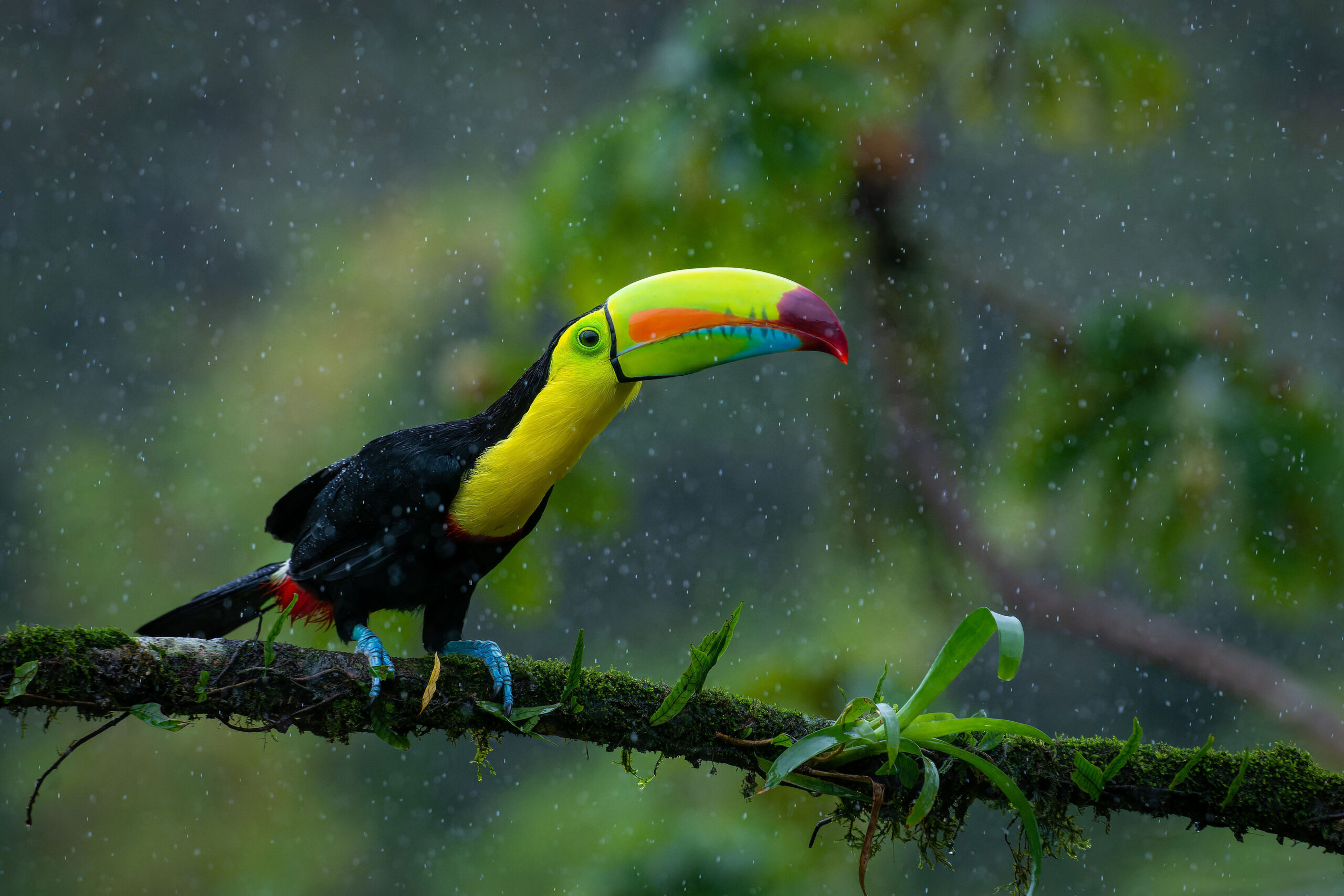 What can you do?
What can you do?
Without wishing to trot out an often used phrase, the world is your oyster. There are so many different ways to volunteer with animals abroad, whether that be conserving animals in the wild, or working closely with rescued animals. Oyster works with a variety of grassroots organisations, NGOs, ethical companies and individuals around the world, helping them to promote the work that they are doing through the recruitment and provision of committed volunteers. You can click here to see a full list of our animal welfare volunteer projects, but some of the animals that you can work with include, but are not limited to:
-
- Volunteer with elephants – volunteer in sanctuaries and rescue centres, or help to protect elephants in the wild. Whatever you choose to do, you will have the opportunity to really experience the grace, beauty and intelligence of these magnificent creatures.
-
- Care for bears, the world’s favourite animal thanks to Winnie the Poo, Paddington Bear, Rupert Bear, Yogi Bear… and the rest! Volunteering with bears involves helping to care for rescued bears in sanctuaries, helping them to live a life as close to the wild as possible. It is a magical experience, and one that all bear lovers should try to do.
-
- Conserving turtles is a popular volunteer option, and why not? Turtles live in the sea and nest on the beaches, so this is an ideal volunteer option for those who love marine life and living by the sea. Help to protect nesting and hatching turtles, and work to increase dwindling turtle populations.
-
- Protect the primates – from monkeys to baboons, from gibbons to macaques, from orangutans to chimpanzees, there are some amazing primates in this world. Volunteers love to work with these intelligent creatures, which share the most DNA with humans than any other species on this planet. Sadly primates are often exploited for their cute looks and clever brains, and volunteer projects are essential to protect our closest cousins.
- Help with horses – what is it about horses that make them so appealing? Whatever it is, people love to work with horses, whether that be rescue horses or using horses for human therapy. People can even do paid work with horses in Australia with enough experience.
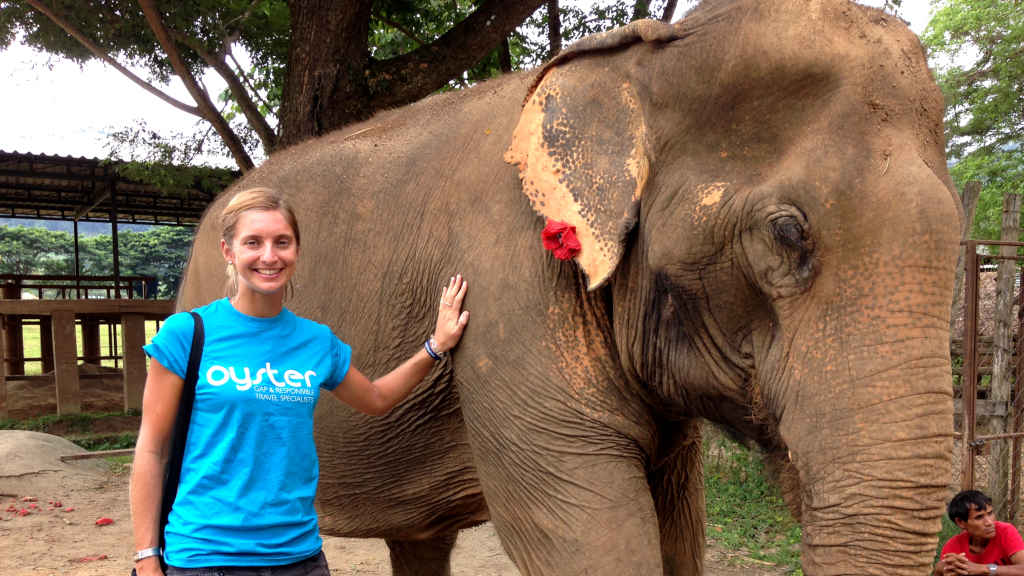 Where can you go in the world?
Where can you go in the world?
Animal welfare projects can be found in many countries around the world, and the type of wildlife in each country will impact what sort of animals that you can work with. Here are some ideas below:
-
- South Africa – home to the Big 5, South Africa is a popular destination for wildlife lovers in general. Sadly, the number of incredible animals that live in this large country means that often they are under threat. Many animals such as elephants, monkeys and lions are exploited for tourism – whether it be getting an awesome selfie with a lion cub or riding on an elephant’s back, and as such there are increasing numbers of rescue centres being dedicated to saving these vulnerable animals and giving them the life that they deserve.
-
- Thailand – Thailand is a popular location for a wide variety of travellers, from backpackers to holidaymakers, from honeymooners to gap year students. In addition to its wonderful beaches, stunning trekking and amazing food, there is a whole host of incredible animals that live within the country. Many animals here are exploited as pets or in the tourist industry, and you can get involved with some inspiring rescue projects here. Amazing projects in Thailand include marine conservation, working with elephants and helping out at wildlife sanctuaries.
-
- Romania – if you are looking for somewhere modern but off the beaten track, you couldn’t do better than Romania. Steeped in history, boasting towering mountains and basking in culture, it is known amongst Oyster travellers as the hidden gem of Eastern Europe. Not only is it a wonderful place to visit, it is home to Eastern Europe’s largest bear sanctuary, which cares for over 80 bears in its secluded hillside location. If you love bears, there is no better place to go.
-
- Costa Rica – the literal translation of “Costa Rica” is “Rich Coast”; rich in plant life, animal life and marine life, it is a nature lover’s paradise. Costa Rica is mainly known for its stunning jungles and expansive golden-sand coastlines, all of which are home to some fascinating creatures. Turtles take centre stage in Costa Rica for one of the species that most needs our help – and volunteers live next to the beach protecting adult and baby turtles during the nesting season. Making a difference and living in a beautiful location makes for a wonderful escape.
-
- Ecuador – Ecuador is slowly sneaking its way onto people’s radars as an amazing place to go – not just for the stunning Galapagos Islands, rich in biodiversity like nowhere else on this planet, but also for its amazing rain forests, coastal regions and mountain communities. It is easy to get off the beaten track here, and really immerse yourself in project life. If you are keen for an animal experience like no other in the world, the Ecuadorian jungle rainforest is a must to help care for their amazing animals, from primates to birds, from caimans to tortoises.
-
- Borneo – think of Borneo and you think of orangutans. There is no better way to appreciate orangutans than to be working with them, helping to care for those in captivity or improve the environment for those still able to live in the wild. Borneo does not just play host to orangutans – they are also home to the sun bear, the world’s smallest bear. The country is rich in diversity – both in terms of flora and fauna, but also in terms of its amazing scenery and incredible food. A must to explore.
-
- Sri Lanka – the national emblem of Sri Lanka is the elephant – and it is one of the few places in the world where elephants are still able to live in the wild, rather than simply in national parks. Witnessing an elephant in the wild is a heart in mouth moment, as you can appreciate their size, their intelligence and their grace. Sri Lanka itself is an incredibly friendly country and one of extraordinary beauty. Exploring Sri Lanka really does feel like stepping into another world, where the greenery is lush, the culture is ancient and the people seem to always be smiling.
- Portugal – When we think of volunteering with animals, we often forget to look on our own doorstep. Did you know that Portugal is home to a fast disappearing wolf population and that you can volunteer with wolves? Within less than an hour of capital city Lisbon you can be within a National Park and just metres from wolves. For those who like more of a hands on approach to animal care, volunteer work with horses can be found within an hour of UNESCO world heritage city Porto. This is a stunning country with glorious cities with untouched wilderness on their doorstep, allowing for a perfect mix of town and country on your travels.
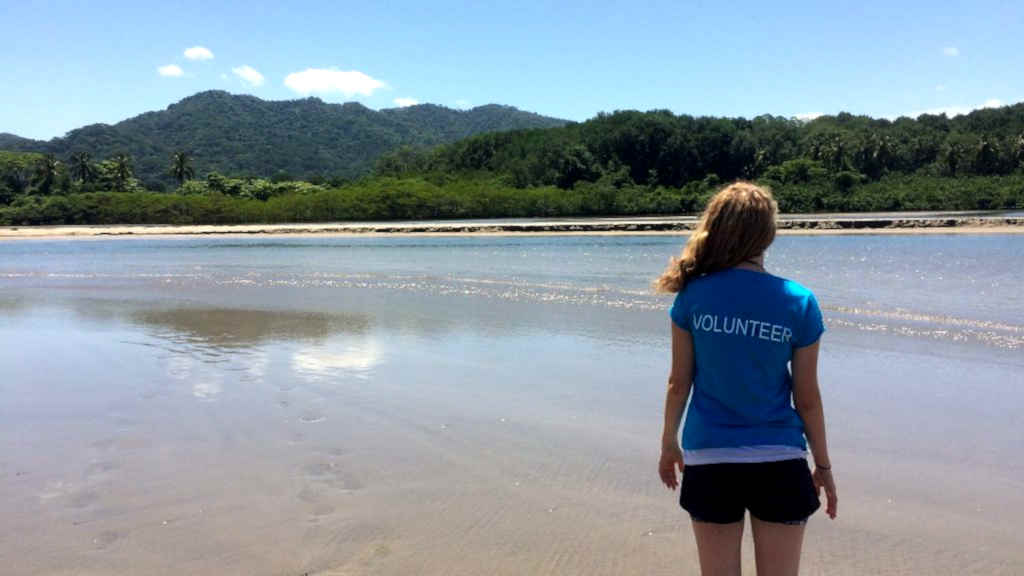 When can you go?
When can you go?
Volunteers join animal welfare projects throughout the year, and often will go for as little as a week or as much as 12 weeks. The thing about most animal welfare projects is that the animals need care throughout the year – and that includes over Christmas! There may be some restrictions in terms of seasonality on some projects – for example, turtles have a nesting and hatching season, which is when volunteers are most needed. In general however, you can go at any point in the year.
How old do you have to be?
Volunteers join our projects at a variety of ages. The very youngest volunteer that we have had to date was just 5! We welcome families on to some of our projects where children can really make a difference, although the majority of our participants are solo travellers aged 17+. If you are worrying about an upper age limit, our oldest participant to date was in their late 70s, and we are happy to take those who are older still! As long as you are fit and healthy enough to make a full contribution to the project, you are very welcome. For more reassurance, check out our guide to mature travel.
What issues should you be aware of?
Volunteering with animals overseas is an incredible experience, however it is important to know that you need to do your research before joining a project or organisation. Sadly not all projects are what they seem, and if you are spending your hard-earned cash to care for animals, it is important to know that the organisation you work for genuinely puts the welfare of the animals at the heart of what they are doing. You should make sure to ask questions about anything that looks unusual. Is it natural that baby lions are being handled by inexperienced volunteers? Should elephants be carrying heavy loads of many tourists on their backs? Why is that tiger happy to have a selfie taken with it?
How do you choose an animal welfare project abroad?
With so many amazing options out there, it can be hard to choose an animal welfare project abroad. Here are some of our top considerations:
-
- One animal or many? Some people love all animals in general, whereas others may have always wanted to see and work with one specific type of animal. It is almost easier for the person who specifically loves bears and elephants than the person who loves all animals. Think if there are any animals that you would be really excited to see and work with, and base your search around that specific animal – or if you want to work with many animals, only look at the projects where you will get variety.
-
- Hands-on or hands-off? Many projects can be divided into one of two categories: working hands-on with the animals / in very close proximity to them, or working hands-off with the animals, often out in the wild. For some people it is a real draw to be able to work with animals in their natural environment, and helping to keep them living in the wild. For others, they are keen to help abused or mistreated animals to find a better life in a sanctuary or rehabilitation centre.
-
- Where in the world? Once you have whittled your choices down by considering the above questions, you may still find that you have a couple of projects to choose from. This is where location can come into consideration. Would you like to be a long way from home, or closer to home? Is the weather important to you? Is language important to you? Is food, culture and way of life important to you? Start doing some research on the countries that you are choosing between to help you make your choice.
-
- Have you asked any questions? Speaking to the experts at Oyster Worldwide will often help you to make the best choice for you. Remember that we have visited all of our projects and know them inside out, so we may well be able to help you narrow down your options if you are stuck between a couple of projects. We want you to be doing the right project for you, so do get in touch!
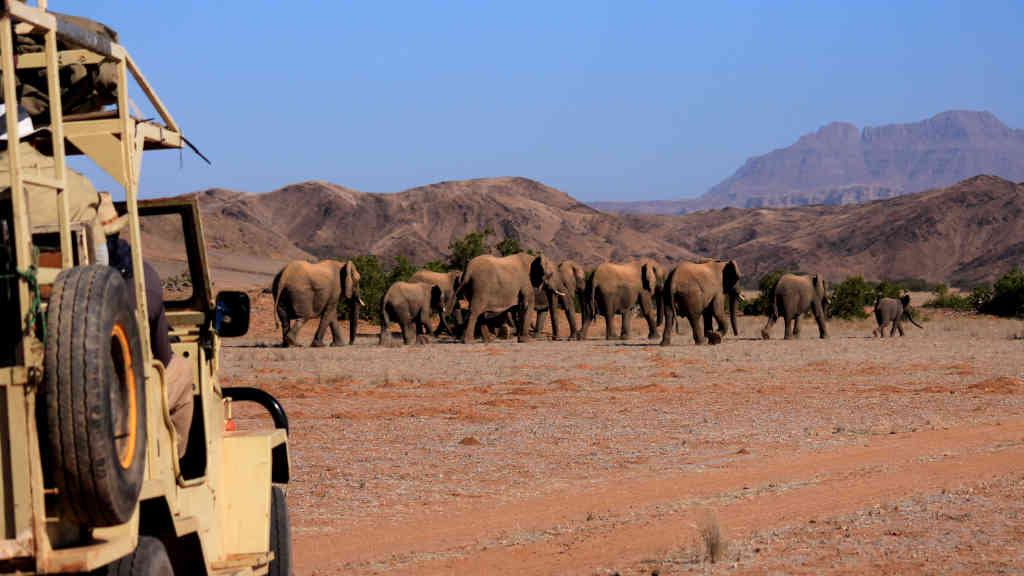 Why choose Oyster?
Why choose Oyster?
Oyster Worldwide specialises in gap year and responsible travel overseas. Since 2007 we have been running animal welfare projects in countries around the world, although our experience dates back much further to 1999 when we were established. Our staff are passionate about animal welfare and conservation. We know all of our projects inside out, having spent time volunteering on them ourselves. We know what it is like to get mucky and stuck in, and will pass all of our experience on to you – this means that you can be as well prepared as possible to hit the ground running, have an amazing time and make a genuine contribution. Additionally, we are very selective about our project partners – it is important to us that we support the best projects out there on a long-term basis, and projects often take several years to fully prepare before we will send our volunteers. We care about our participants, are committed to helping them to have a once in a lifetime experience, are passionate about what we do and have bags of experience in doing it.
How can you find out more?
The first step to find out more about Oyster’s animal welfare projects would be to look on our animal volunteering overseas page. Our Destination Managers are the resident experts on our animal welfare projects and knows them all inside out. If you have any specific questions about any of our projects, please do not hesitate to contact our team or +44 1892 770 771
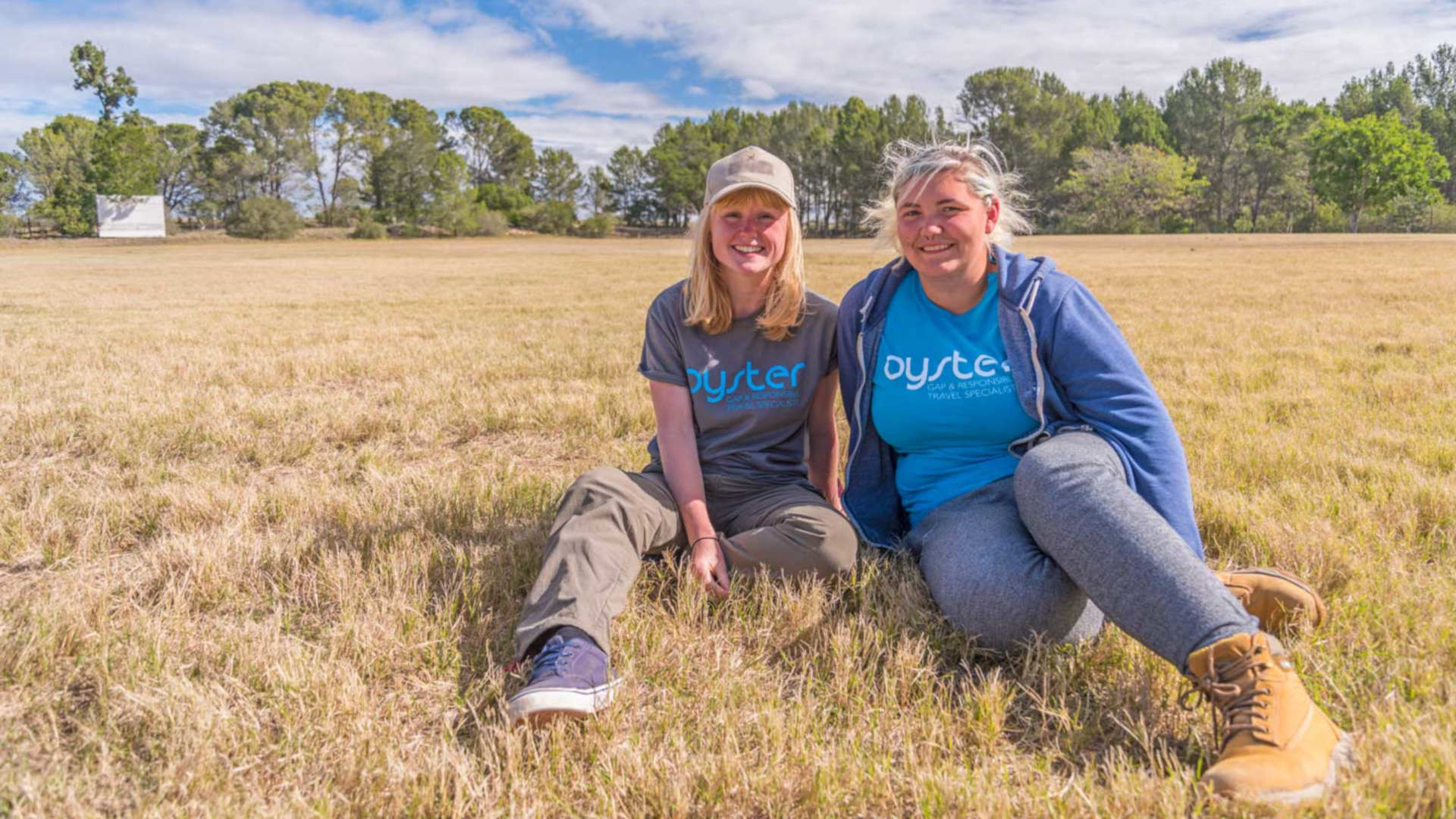


















Animals have been my passion since forever. I would love experiences in a hands on care for a variety of animals. Mary
I want to volunteer in Portugal, anything will fit except with animals.